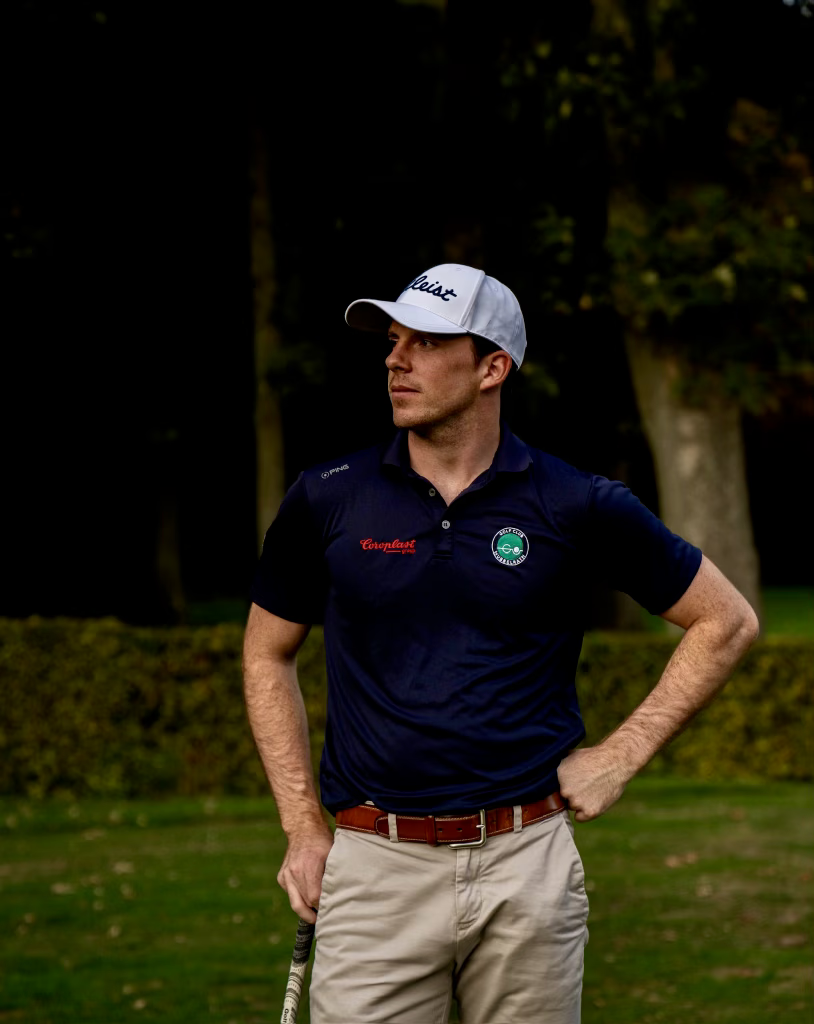Jun 12, 2025
Five a.m. alarms, yardage-book scribbles, and ice baths - because excellence never truly sleeps.

A golfers day can look very nuanced with some preferring early mornings and others practice later in the day. But it is almost unlikely that any successful player will get to their goal through pure luck.
Hence a golfers true ethos is the pursuit of daily discipline. In a sport that takes significant time to see results, and where the winning ratio (%) is so low this goal is what drivers players each and every single day to practice and pursue this goal, wether its D1 College Golf or winning The Masters.
We analysed over 300 high level amateur and proffesional players ranging from D1 College Players, Korn Ferry Tour to the top players on the PGA Tour and analysed how much practice time they actually get. Whether you use this as bench mark, motivation or as a tool, we at APN are simply here, to help you Perform Your Best.
McIlroy's alarm goes off before 5 a.m. He starts with a 45-minute power circuit, trap-bar jumps, kettlebell cleans-before breakfast. Then he spends 90 minutes working on wedges and flight-window drills. After that, he walks the course slowly to mark wind channels in his yardage book. He ends each evening with contrast baths and ten minutes of visualizing tomorrow's opening holes.
Hovland treats practice like a lab session. He starts with morning mobility work, then heavy lifts, followed by short-game reps until he fills a notebook page with strike patterns. On travel days, he fits in 30 minutes of breath-work because it "keeps the smile when scores don't." After every round, he takes an eight-minute ice bath at 10°C, no exceptions.
Fleetwood's YouTube diary shows his mid-morning routine at the Jumeirah Performance Centre. He spends an hour on focused putting, then moves to range drills using alignment sticks and strike boxes. His afternoons are for nine-hole "scoring games" that copy tournament pressure. Every shot gets logged for dispersion and intent.
Suh divides his day into two focused blocks: early gym session and post-lunch skills work. During tournament weeks, he plans his hydration-about 200 ml every three holes-and tracks proximity stats in real time. He says this habit helped him make it to the big tour.
Discipline isn't a fancy word-it's the foundation holding every drive, wedge, and putt in place. Pick even one piece from their playbook and you get closer to the level where results can look like magic - until you see the schedule behind them.